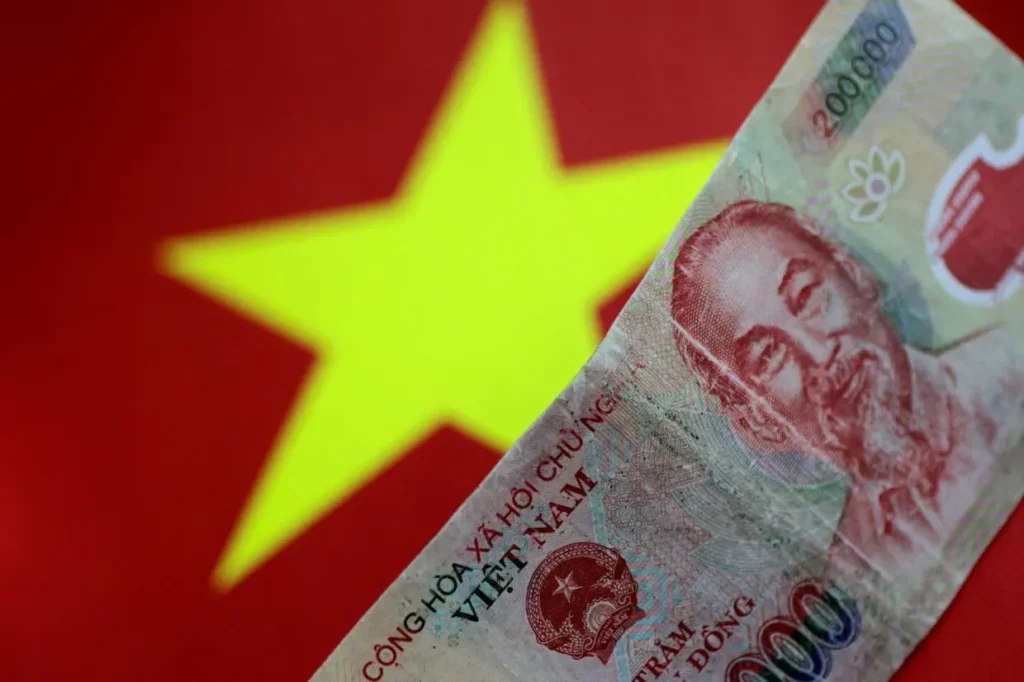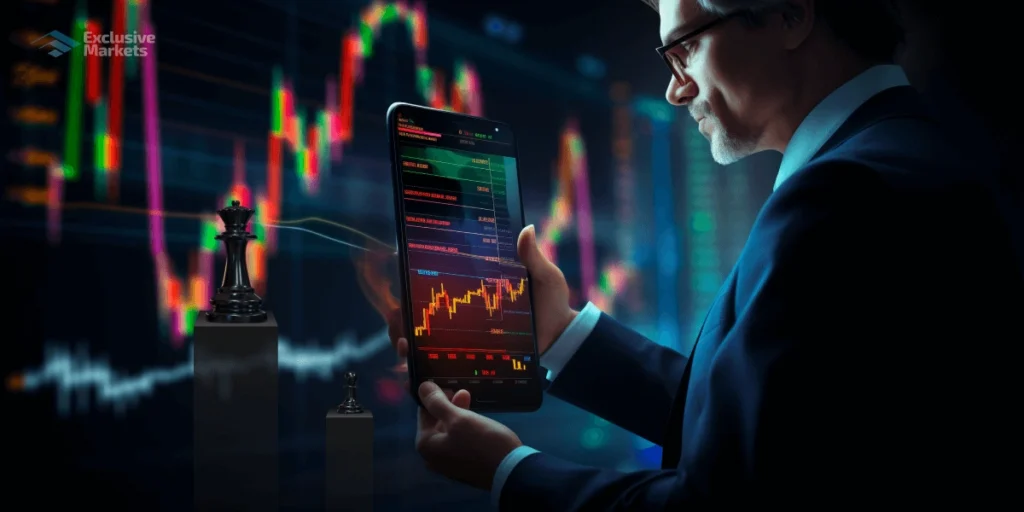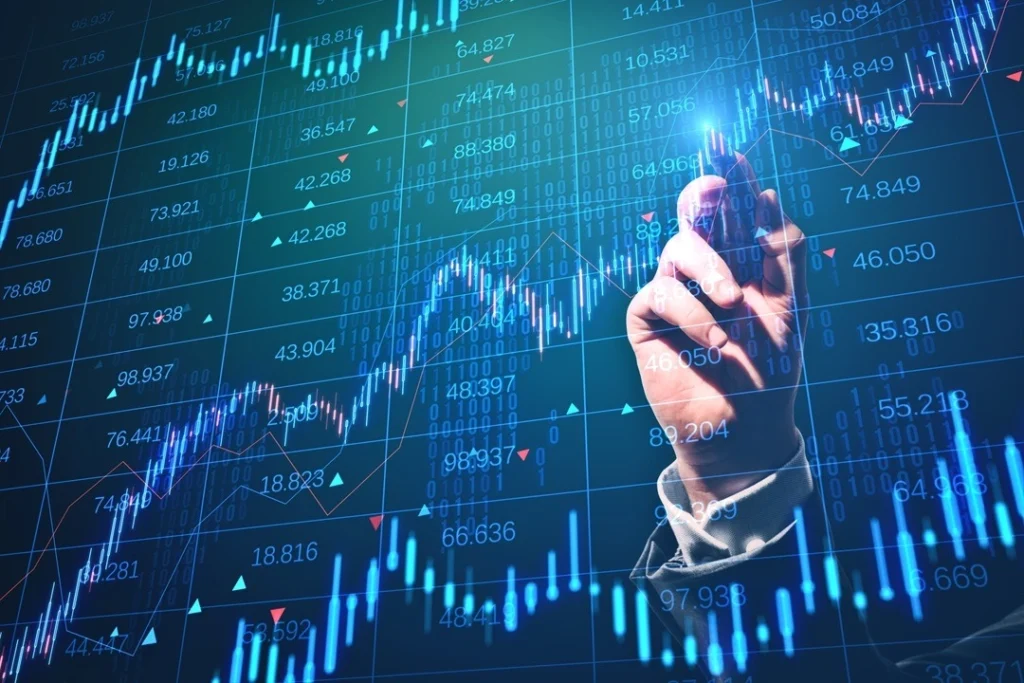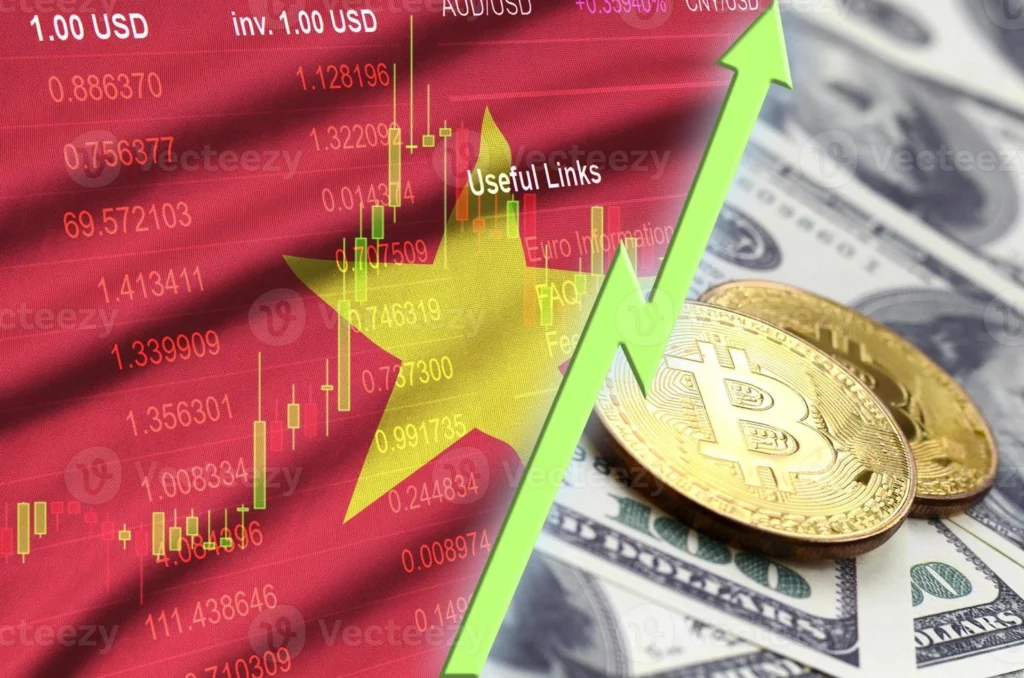Trying to figure out forex Vietnam rules? You’re not alone. Let’s be honest—Vietnam’s forex space is complicated, a little confusing, and maybe even a bit intimidating if you’re new. This guide breaks it down into simple steps so you can understand what’s legal, what’s risky, and how to move forward carefully.
Step 1: Learn the Basics of Forex in Vietnam
First things first—what’s actually allowed? In Vietnam, forex trading is tightly controlled.
The law says only licensed banks and financial institutions can trade forex legally. That’s the official rule.
For individual traders? Well… technically, you can exchange foreign currencies at banks for travel or overseas spending—but online forex trading through global platforms? That’s not fully legal under Vietnamese regulations. Some say the authorities overlook it, but others warn you could be on shaky ground.

Step 2: Explore the Forex Trading Options Available in Vietnam
So, what can you actually do? You have a couple of options:
- Stick to banks: You can legally buy and sell foreign currencies, but that’s just for basic exchange—not profit-driven trading.
- Use offshore brokers: This is where most Vietnamese traders go. But keep in mind—these brokers aren’t regulated by Vietnamese authorities. You’re pretty much on your own if things go wrong.
Some traders are okay with that risk, but others hesitate. It really depends on how much you’re willing to tolerate the uncertainty.
Step 3: Picking the Right Broker (It’s a Big Deal)
If you decide to work with an international broker, don’t rush.
Look for brokers that are regulated in serious countries—places like the UK, Australia, or Singapore.
Red flags?
- Wildly high bonuses
- No clear company address
- Unprofessional websites
Sounds like basic advice, but many people still get caught in flashy scams. Take your time here—it can save you a lot of trouble later.


Step 4: Practice on a Demo Account First
Jumping straight into real trades? Not the best idea.
Start with a demo account. It’s a free, no-risk way to learn the platform and test your strategies.
The forex market moves quickly, and some say the biggest risk isn’t even the market—it’s the trader’s emotions. Using a demo helps you stay cool and build confidence before you put real money on the table.

Step 5: Understand the Risks You’re Taking
Let’s not sugarcoat this—forex Vietnam comes with risk, especially when you trade through unregulated channels.
You should always:
- Set stop-losses
- Limit your leverage
- Only trade with money you can afford to lose
Some say it’s like playing with fire. Others think it’s just part of the game. Either way, being honest about the risks is key.
Step 6: Stay Updated on Changing Forex Rules in Vietnam
Vietnam’s forex policies aren’t set in stone.
Maybe the government will loosen the rules someday—maybe not. But new restrictions could pop up anytime.
It’s smart to follow updates from the State Bank of Vietnam and reliable financial news sources. You don’t want to be the last to know if things shift.


Step 7: Decide If Forex Trading Is for You
Let’s wrap this up. Legal forex trading in Vietnam is limited and can be risky. Some traders are comfortable working in this gray area, others prefer to wait for clearer regulations.
At the end of the day, it’s your call. Maybe forex Vietnam is your next big move—or maybe it’s better to explore other investment options. Just make sure you know what you’re getting into.











